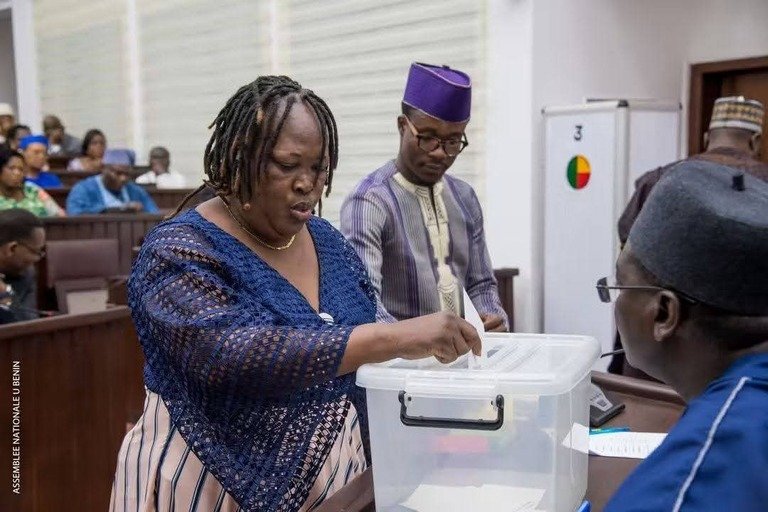Benin Republic has approved a major constitutional shake-up, extending the presidential term from five to seven years — a move that will reshape the country’s political future ahead of the 2026 elections.
Lawmakers passed the amendment on Friday in a decisive 90–19 vote, confirming that presidents will now serve a single seven-year term, renewable only once.
“From now on… the President of the Republic is elected… for a term of seven years renewable only once,” the national assembly announced in a statement on Saturday, emphasising that no individual can exceed two terms in their lifetime.
The extension isn’t limited to the presidency. Mayors and municipal councillors will also now serve seven-year mandates, aligning local officeholders with the new national framework.
President Patrice Talon, in power since 2016 and currently in his second term, has repeatedly insisted he will not seek a third. The amendment therefore appears unlikely to change his stated exit plans.
Benin, often seen as one of West Africa’s more stable democracies, has nevertheless faced recent political tension. Prosecutors say they foiled a suspected coup attempt last September, alleging that former sports minister Oswald Homeky handed 1.5 billion CFA francs (about $2.5 million) in cash to the commander of the republican guard, Djimon Tevoedjre, in an effort to destabilise the government. Businessman and close Talon ally Olivier Boko was also implicated in the plot.
The constitutional change now sets the stage for a longer and potentially more strategic campaign season as Benin heads towards the 2026 presidential race.










